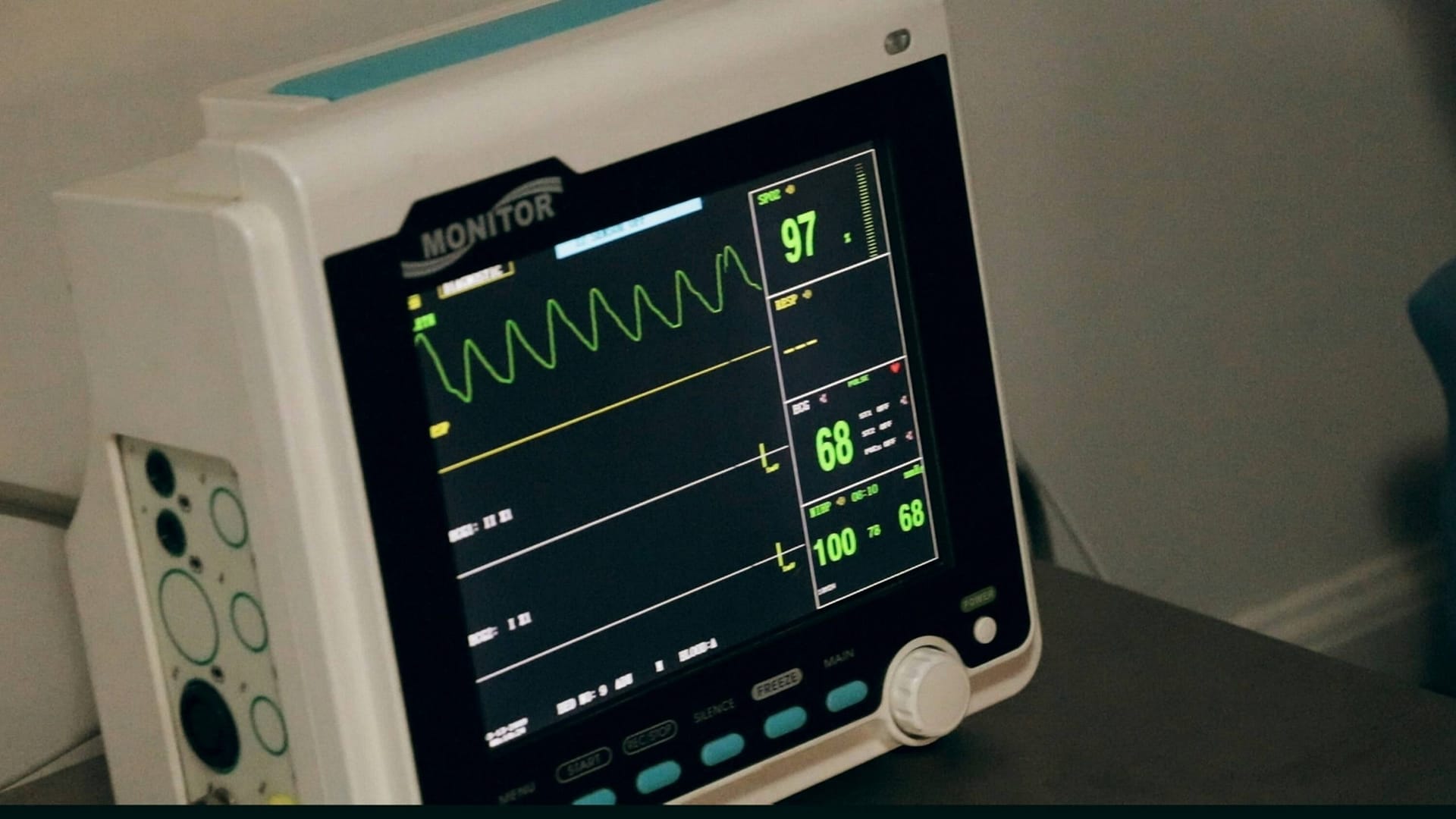The Intensive Care Unit (ICU) is a battleground for critical care. Here, patients with life-threatening conditions receive constant monitoring and intensive interventions. While the aim is always to save lives, things don’t always go according to plan. This is where medical liability in the ICU comes in.
The High-Pressure Crucible: Why Liability is a Concern in ICUs
Imagine a room buzzing with activity. Alarms chirp, nurses scurry, and doctors huddle over complex medical charts. This is the daily reality of an ICU. The pressure is immense, and decisions often need to be made quickly. Sadly, even in the most skilled hands, mistakes can happen.
These mistakes, if they stem from negligence, can have devastating consequences. The very nature of ICU care, with its invasive procedures and powerful medications, means the potential for harm is significant. Understanding medical liability in this environment empowers both patients and their families.
The Duty of Care: What You Can Expect from ICU Staff
At the heart of medical liability lies the concept of “duty of care.” This simply means that medical professionals have obligation to provide a certain standard of care to their patients. In the ICU, this translates to:
- Skilled and knowledgeable staff: ICU doctors and nurses must possess the specialised training and experience required to handle critically ill patients.
- Proper diagnosis and treatment: Accurate diagnosis is crucial, followed by implementing the appropriate treatment plan based on established medical guidelines.
- Clear communication: Keeping patients and families informed of their condition, treatment options, and potential risks is essential.
- Adherence to protocols: Following established protocols for administering medications, operating equipment, and monitoring patients minimizes the risk of errors.
When Things Go Wrong: Examples of ICU Medical Negligence
Not every negative outcome in the ICU signifies negligence. These units deal with very sick patients, and sadly, some conditions are simply beyond cure. However, certain situations raise red flags:
- Medication errors: Administering the wrong medication, dosage, or failing to consider drug interactions can have serious consequences.
- Delayed diagnosis: A missed or delayed diagnosis can worsen a patient’s condition and limit treatment options.
- Improper use of equipment: ICU equipment is complex, and using it incorrectly can lead to injury or death.
- Inadequate monitoring: Failure to properly monitor a patient’s vital signs or ignoring warning signs can be catastrophic.
- Communication breakdowns: Miscommunication between ICU staff or with the patient’s family can lead to critical delays or misunderstandings.
Receive a Call About Your Claim
Navigating the Aftermath: What to Do if You Suspect Negligence
If you believe your loved one suffered harm in the ICU due to negligence, here are some initial steps:
1. Gather medical records:
Request a copy of your loved one’s medical records from the hospital.
2. Seek a second opinion:
Consult with an independent medical professional specialising in critical care to understand if the care provided met the expected standard.
3. Contact a medical negligence Solicitor:
An experienced solicitor can assess your case, determine if negligence is likely, and guide you through the legal process.
Making a Medical Negligence Claim in the ICU with National Claims
Have you or a loved one suffered harm in the Intensive Care Unit (ICU) due to suspected medical negligence? At National Claims, we understand the complexities of these situations and the immense emotional and financial burden they can cause. Our team is here to help you navigate the process and fight for the compensation you deserve.
Free Initial Consultation
The first step is a free, no-obligation consultation. then we will connect you with an experienced medical negligence solicitor who will listen to your story in detail. We will gather information about your loved one’s ICU care, the alleged negligence, and the resulting harm. This initial assessment allows us to determine if your case has merit and advise you on the best course of action.
No Win, No Fee
We understand that the financial burden of pursuing a medical negligence claim can be a significant concern, especially after a critical illness. That’s why National Claims operates on a “No Win, No Fee” basis. There are no upfront legal costs, and our fees are contingent on a successful outcome. This allows you to focus on your recovery or supporting your loved one without financial worries.
*Customers pay up to 25% (incl. VAT) of the amount recovered towards solicitor costs and if you cancel outside your cooling off period, you may be charged a fee.
Conclusion
Errors in the ICU can have devastating consequences, yet proving medical liability in this environment is exceptionally challenging. If you suspect medical negligence contributed to harm you or a loved one suffered in intensive care.
While no amount of compensation can fully undo the damage done, securing a fair settlement can provide much-needed resources to cover the costs associated with ongoing medical care, rehabilitation, lost earnings, and the pain and suffering caused by negligence.
Contact us today to speak to one of our claims agents who will be able to help you get started on your claim.
Click below to see why we are one of the most trusted claims management companies in the UK.

We’re proud of our excellent customer reviews
We thrive on delivering exceptional service and ensuring our clients’ satisfaction. Don’t just take our word for it. Check out some of our independent reviews to see what our clients have to say.
Excellent

This firm is excellent, they sorted out my car pay out and injury claim very fast, they always communicate with you all the time.

My accident case was dealt with confidence and with great result of the outcome, especially James kept me informed all the time.

I was very impressed at the way my inquiry was treated. I was listened to attentively and everything I needed to know was explained to me.






